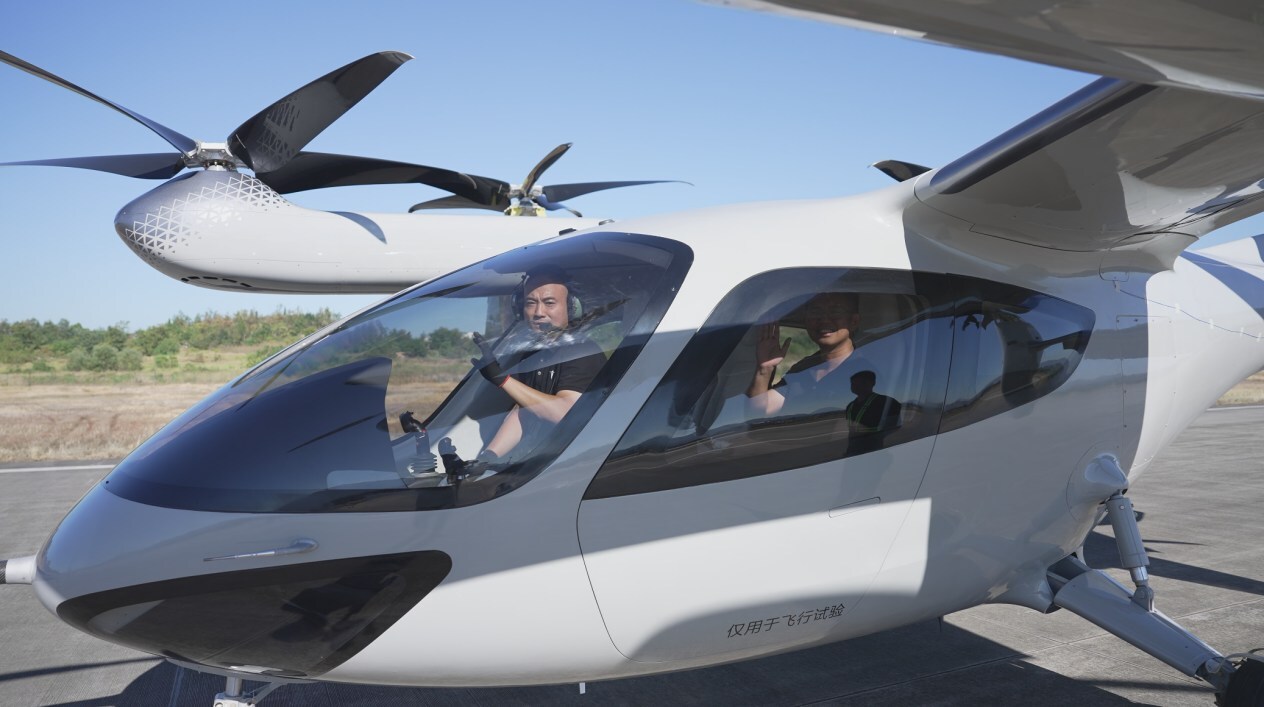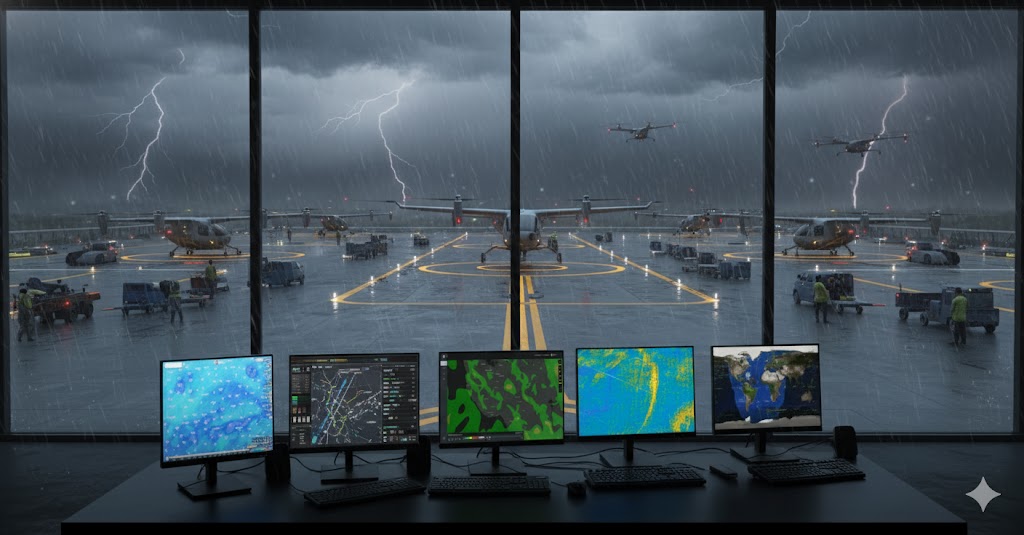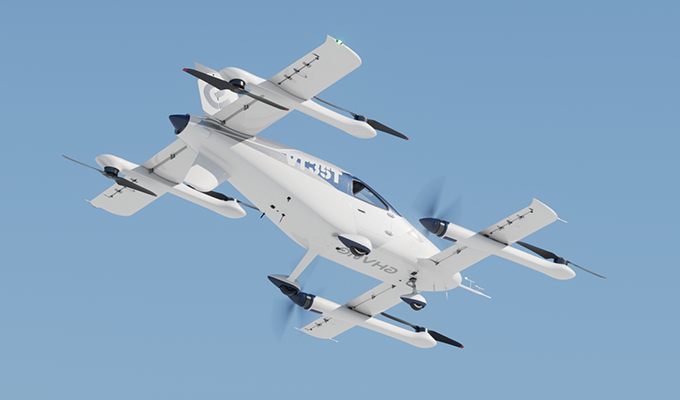Minnesota has become the second state in the U.S. to enact legislation regulating flying cars, following New Hampshire's lead with the passage of its "Jetsons Law," which will take effect on August 1, 2024. This new law establishes a framework for registering and operating "roadable aircraft," paving the way for a potential future where vehicles can transition seamlessly between road and sky.
Minnesota's "Jetsons Law," set to take effect on August 1, 2024, establishes a comprehensive framework for regulating flying cars, officially termed "roadable aircraft." The law defines these vehicles as "any aircraft capable of taking off and landing from a suitable airfield designed to be operated on a public highway as a motor vehicle." Key provisions of the law include:
- Registration: Roadable aircraft can be registered as motor vehicles, with the vehicle's tail number displayed instead of traditional license plates.
- Operation: These vehicles are treated like regular cars on public roads but must adhere to Federal Aviation Administration (FAA) rules when airborne.
- Takeoff and Landing Restrictions: Roadable aircraft are prohibited from taking off or landing on public highways except in emergencies. They must use designated airfields for these operations.
- Identification: The aircraft's tail number will serve as its primary identification, functioning as both its license plate on the road and its aircraft registration in the air.
- Safety Regulations: When operating on roads, roadable aircraft must follow standard traffic laws and safety regulations applicable to motor vehicles.
The law simplifies the registration process for these dual-purpose vehicles while ensuring they meet ground and air travel safety standards. It's important to note that while the law establishes a legal framework, no FAA-approved flying cars are currently available for consumer purchase.
Minnesota's approach closely mirrors that of New Hampshire, which became the first state to pass similar legislation in 2020
Both states are positioning themselves at the forefront of this emerging technology, potentially attracting manufacturers and investors in the flying car industry.
As the technology develops and more states consider similar legislation, Minnesota's "Jetsons Law" could serve as a model for future regulations across the country, helping to shape the integration of flying cars into existing transportation systems.
.
Comparing Minnesota and New Hampshire Laws
Minnesota's "Jetsons Law" closely mirrors the legislation passed in New Hampshire in 2020, with both states establishing similar frameworks for flying cars. Key similarities include allowing registration of roadable aircraft as motor vehicles, using tail numbers instead of license plates, and prohibiting takeoffs and landings on public roads except in emergencies.
Both laws aim to simplify the registration process while ensuring safety standards are met for ground and air travel.
However, New Hampshire's law includes additional provisions, such as creating a committee to further examine roadable aircraft regulations and mandating that the plane ID number issued by the state's aeronautics agency be used as the vehicle's VIN.
These new laws in both states are expected to serve as models for future legislation across the country, potentially influencing the integration of flying cars into existing transportation systems.
Influence on Other States
Minnesota's adoption of the "Jetsons Law" will likely influence other states to consider similar legislation for flying cars. As the second state after New Hampshire to implement such regulations, Minnesota's approach could be a model for others to follow. Industry experts anticipate that as more companies complete FAA certifications and begin production of roadable aircraft. Additional states will enact comparable laws to prepare for this emerging technology.
Minnesota and New Hampshire's proactive stance may encourage other states to develop their regulatory frameworks, potentially accelerating the integration of flying cars into the national transportation landscape. However, the widespread adoption of such legislation will likely depend on technological advancements, FAA approval processes, and public acceptance of this novel mode of transportation.
States Likely to Follow
Several states with strong aerospace industries, such as California, Washington, Texas, and Florida, may be motivated to enact similar legislation to attract flying car manufacturers and investors. Additionally, states like Arizona and Nevada, which have been at the forefront of autonomous vehicle testing, could be inclined to pass their versions of the "Jetsons Law."
The widespread adoption of such legislation will likely depend on factors including the success of early adopters, progress in FAA certifications, and public acceptance of flying cars as a viable transportation option.




